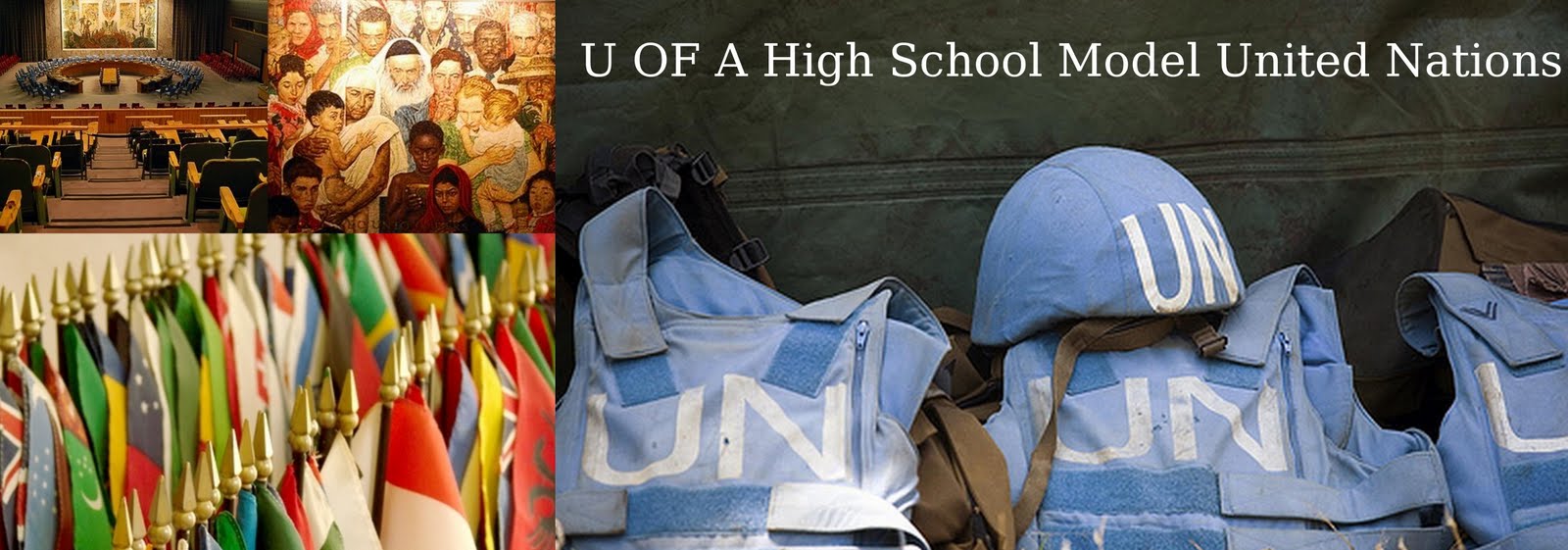 |
| Source: Haiti Cholera outbreak prompts fresh UN plea. 12/11/2010. BBC News |
Haiti had previously been considered to be free from Cholera, so it was not expected to be a problem following the earthquake in January 2010; however, ten months after the earthquake, Cholera was present in Haiti. To date, about 189,000 cases of Cholera were reported and 3600 people have died from the outbreak. While it is not clear how Cholera was re-introduced to Haiti, it is a possibility that it was as a result of the high quantities of international aid that was provided to the nation following the earthquake.
This outbreak in Haiti highlights the importance of continuing health-care support after the immediate aid for the natural disaster has ended. Initially, the mortality rates for the outbreak were very high (~6%), but they have dropped as a result of support provided by many international agencies to the Haiti Ministry of Public Health and Population. The American Center for Disease Control is one of these agencies that has provided support to Haiti.
It is important to remember that while the immediate health effects of a natural disaster (e.g. physical trauma, shock, starvation) are usually treated fairly quickly, the loss of health infrastructure is a longer-term problem. Nations and international aid agencies need to find an approach to health aid that is able to assist with both the immediate, acute effects, but also able to help the affected nation rebuild their health infrastructure.




